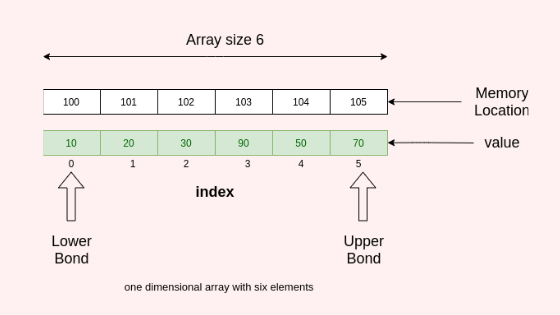Inductive & deductive reasoning
We are not superior to machines in every aspect.
We have biological boundaries where a machine probably wins.
Indeed, even with billions of neurons and different components inside the mind, our speed and memory is restricted.
Our processing interrupts our state of health.
Logical Intelligence will help in understanding the relationships between symptoms and diagnosis of a disease whereas Linguistics will help in holding a conversation with the patient.
Introduction to Reasoning
Reasoning is required when you have to reach a certain conclusion on the basis of one or more statements.
These statements are called arguments to reach a particular conclusion.
It is your own judgement to understand if there is any relationship between the arguments and the conclusion.
Arguments and Conclusion
Whatever reasons we give to prove either one of the possible outcomes are called arguments.
From the list of arguments, it is understandable that we need one or more of these to reach our conclusion.
So any argument is either strong or weak on the basis of its relationship to the conclusion.
One important thing to note with reasoning is that it depends on the subject’s understanding and know-how whether they will accept a conclusion or reject it.
Types of Reasoning
There are many methods developed for Reasoning.
The two important ones which we will cover are known as Inductive and Deductive.
All the methods will follow the argument and conclusion structure.
Deductive Reasoning is fact-based. Always true, but only if nothing can falsify its arguments.
When you hear “Deductive” or “Deduction”, think of Sherlock Holmes. 😉
This type uses mechanisms like facts, unbreakable logic, axioms, and other hard-hitting numbers which cannot be falsified.
Deductive Reasoning produces conclusions that are absolute in nature.
Either completely true or completely false.
There’s no middle ground in such cases.
But in this type of reasoning there are a few issues.
Even if your argument is true and so is your conclusion, you may find that such a conclusion is false.
Example:
A cricket ball is round.
Our Earth is round.
Therefore, our earth is a cricket ball.
Even though in the previous example the arguments were valid, the conclusion was not sound.
Therefore it is important to understand whether our conclusions are logical enough to be accepted.
Inductive Reasoning
Inductive Reasoning is stat-based. It purely feeds on past observations and hence makes an inference on its understanding.
Due to this, the conclusions are never absolute but probabilistic in nature.
Therefore in this case, arguments are not valid or invalid like in deduction.
But they are either strong or weak in nature.
A conclusion in this case can never be proved absolutely correct or incorrect. Everything hangs on a “Hmm….Maybe…”
Inductive Reasoning takes specific set of observations and generalize the conclusion.
Much like the opposite of deductive reasoning where a general fact or logic is used to reach a specific conclusion.
Common Example
Let’s continue with our first example of whether anybody is at home or not.
Deductive Reasoning will use the following arguments:
Mom always goes out by her car (Ford Figo) only
The car was not parked outside
Checked Room 1, no one was there
Checked Room 2, no one was there
There are only 2 rooms in the house
Inductive Reasoning will use following arguments:
I saw 3 Ford Figos moving in my direction while coming back home
4 out of 5 weekdays, Mom is present when I return at 7 PM
4 out of 5 weekdays, Mom is not present when I return at 6 PM
I came home at 6.45 PM today
With the deductive reasoning it is quite clear that no one is at home.
With inductive reasoning, there is a high probability that someone is at home.
Now let’s add one last twist.
Imagine that when you try to unlock the door, it is already open.
You hit the panic button because you were not expecting anyone to be at home at this time.
Also, Mom always keeps the door locked from inside.
You make a conclusion that someone has broken into the house.
This type of reasoning is called Abductive Reasoning where we find the likeliest scenario possible on incomplete information.
Well, no need to hit the panic button, it was Dad who forgot to bolt the door from inside once he was back early from work.
Abductive Reasoning follows causal relationships like:
My room’s in a mess, maybe my cat did this
Mobile Phone’s not working, maybe the battery needs a recharge













